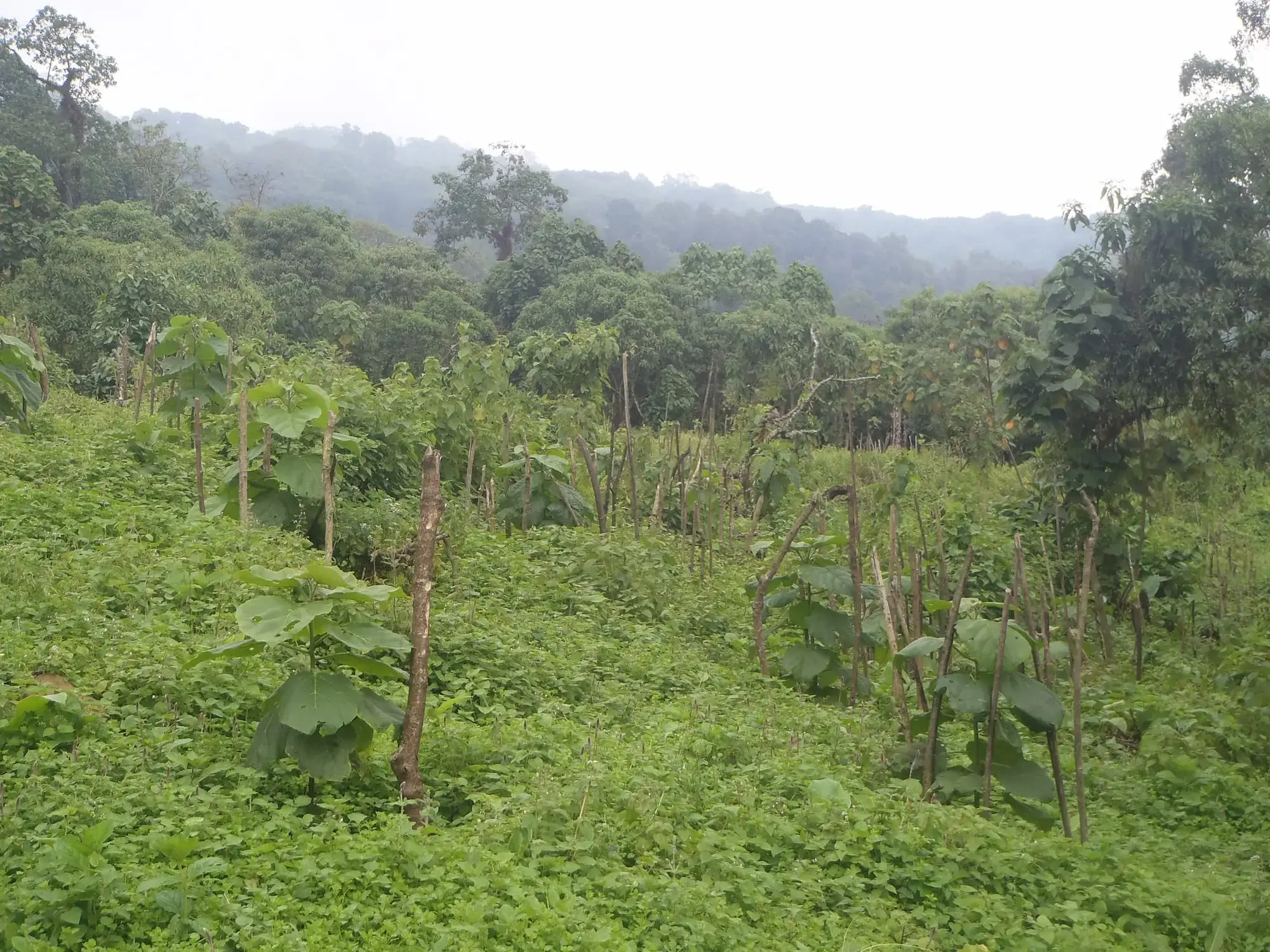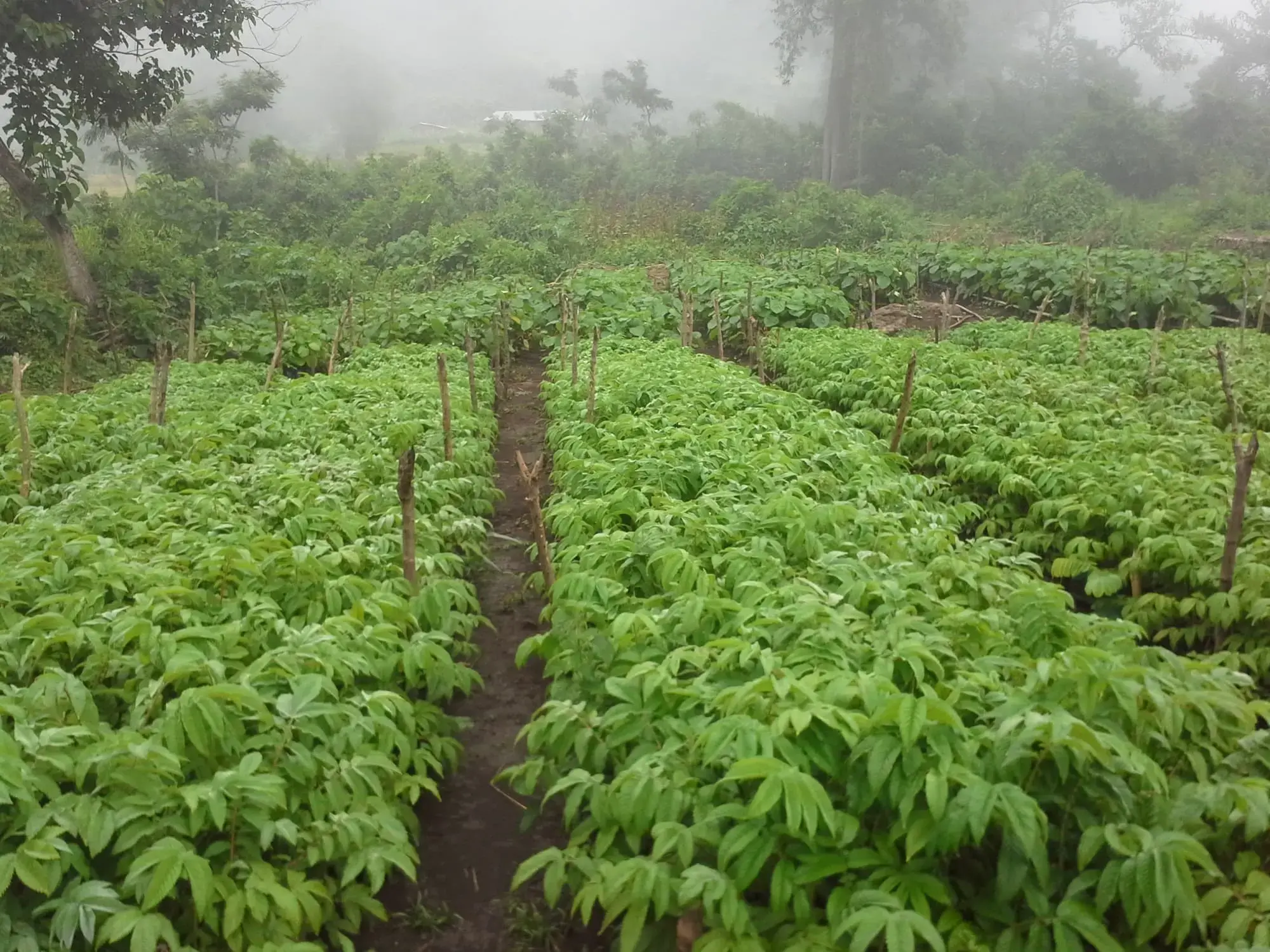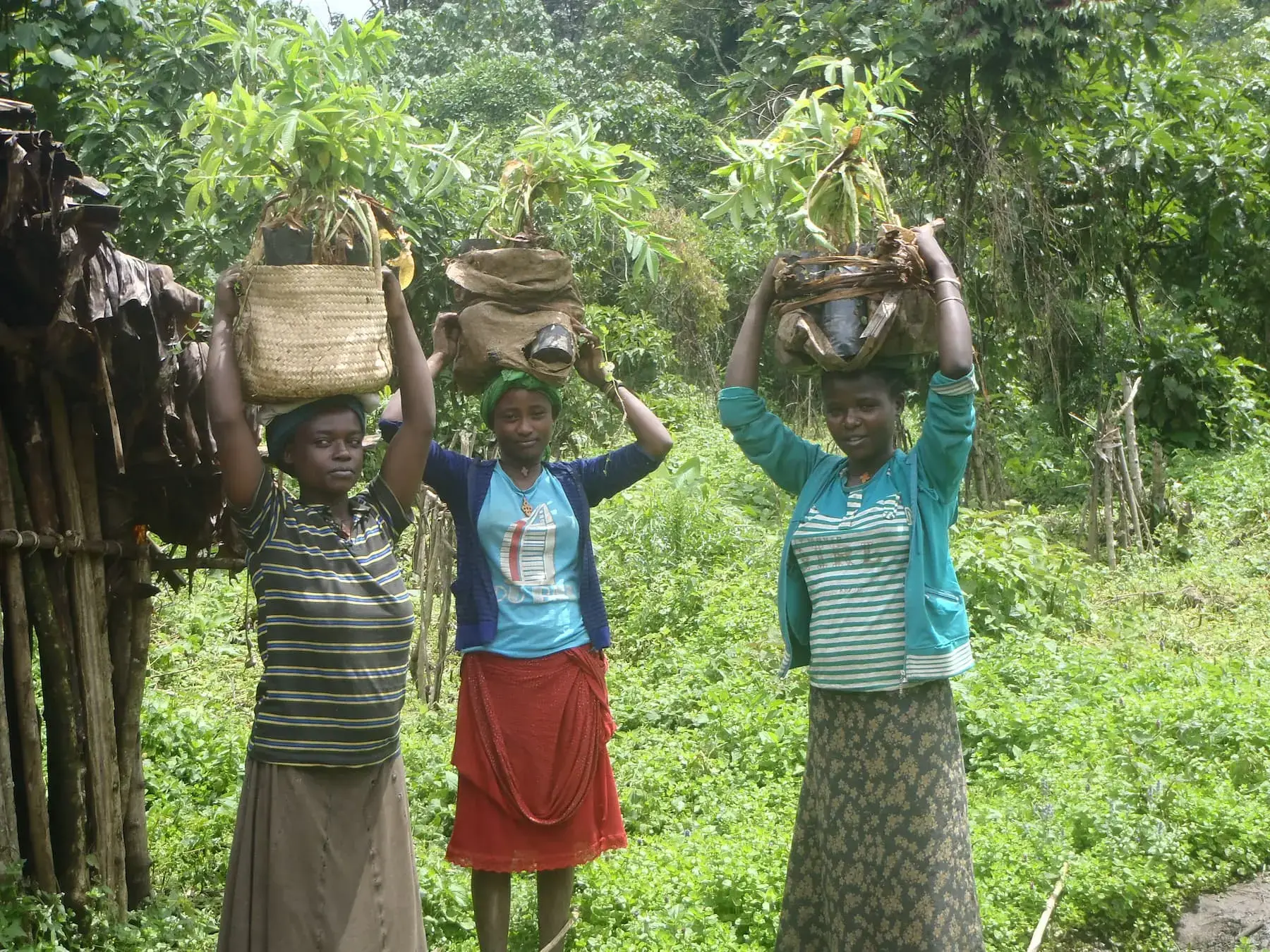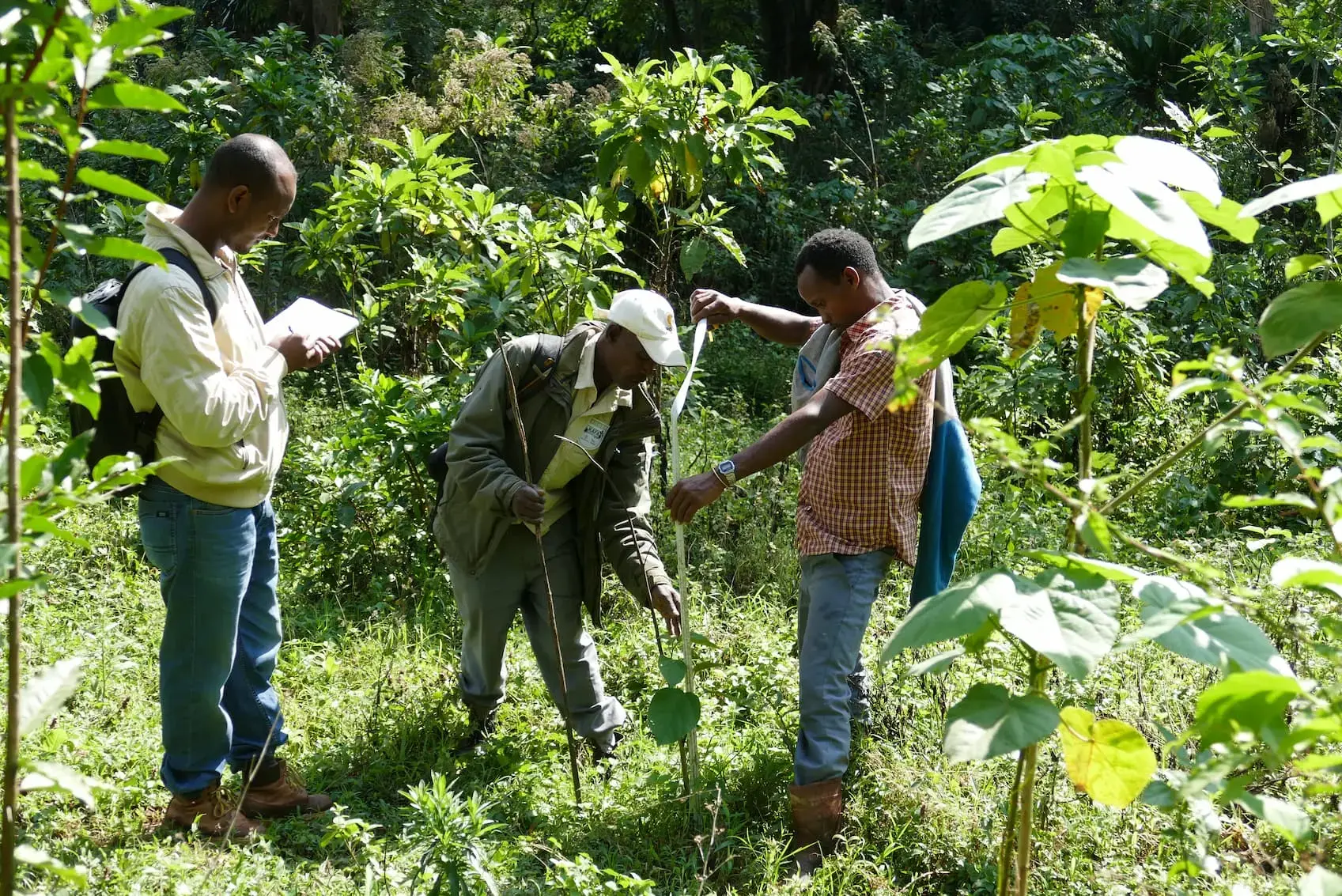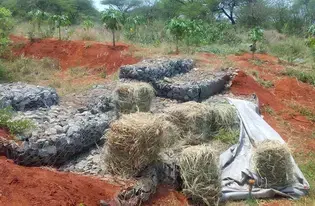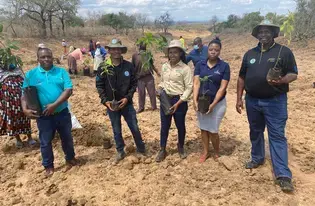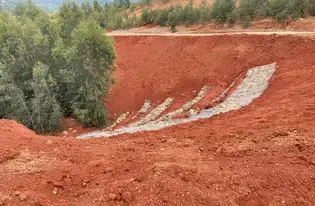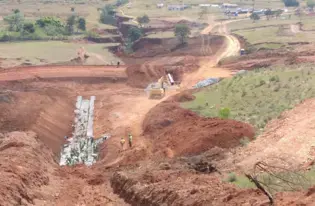Landscape degradation is threatening Ethiopia. However, the Nature and Biodiversity Conservation Union is reversing deforestation by working with the community to recover degraded forests.
Ethiopia is one of the most vulnerable countries to climate change. The country is prone to droughts and floods, and 85% of people depend on agriculture for their livelihoods. Poor farming and agricultural practices have also devastated the country’s unique biodiversity.
To restore the degraded ecosystems and preserve natural resources, Nature and Biodiversity Conservation Union (NABU) is collaborating with communities. NABU is a non-governmental organization founded in 2006 in southwest Ethiopia with a mission to conserve natural habitats, promote agricultural sustainability, and engage individuals to advance climate action.
The organization has implemented several projects including “Water for Life,'' a project supported by the German Federal Ministry for Economic Cooperation and Development (BMZ). The project aims to ensure long-term access to clean drinking water, functional ecosystem services and sustainable sources of income in the Lake Tana watershed.
In collaboration with Ethio Wetlands and Natural Resources Association, NABU and BMZ initiated a project with the Forest For Future program to restore degraded forest in southwest Ethiopia.
In the last eight years, Nabu has planted 1,500 hectares of forests with fast-growing species, worked with communities to sustainably manage 14,000 hectares of forest, restored 1,050 hectares of degraded natural forest with native tree species, and cultivated herbs and spices.
To build on that work, NABU received a grant from TerraFund for AFR100, an initiative of World Resources Institute, One Tree Planted, and Realize Impact that finances Africa's top restoration enterprises and projects. With this funding, NABU will develop a forest action plan to plant millions of trees in the Kafa Zone, using 13 different species that grow in combination with high-value crops, such as black pepper and cardamom herbs.
NABU is engaging the community and government partners in planting and maintaining the tree seedlings, and the project expects to improve the incomes of 35,000 people.
As a result, NABU will support the country’s journey to become climate-neutral by 2025, and create more green jobs for Ethiopians. NABU hopes that its work to spread sustainable farming can regenerate millions of hectares of degraded forests.
NABU’s work is a testament that partnering with the community can accelerate land restoration and transform people’s livelihoods in the process.
